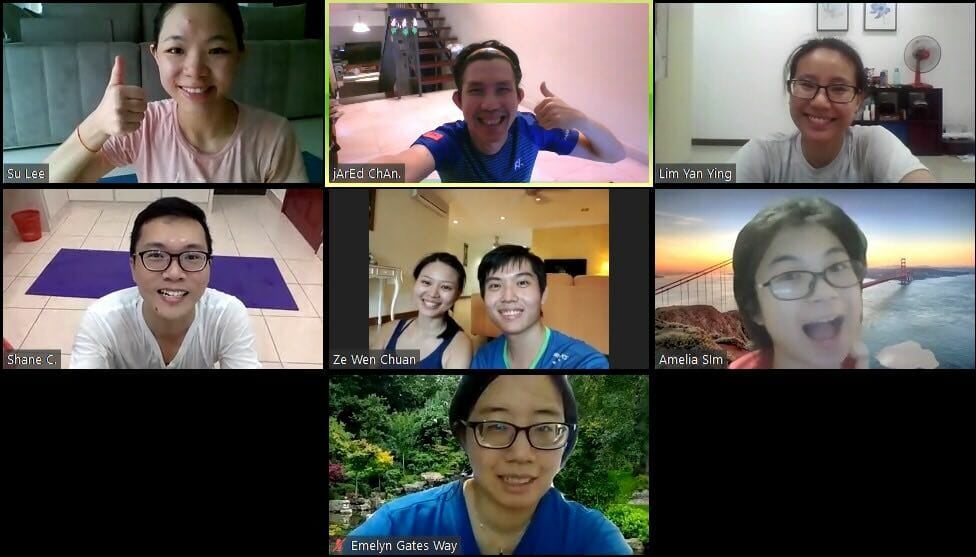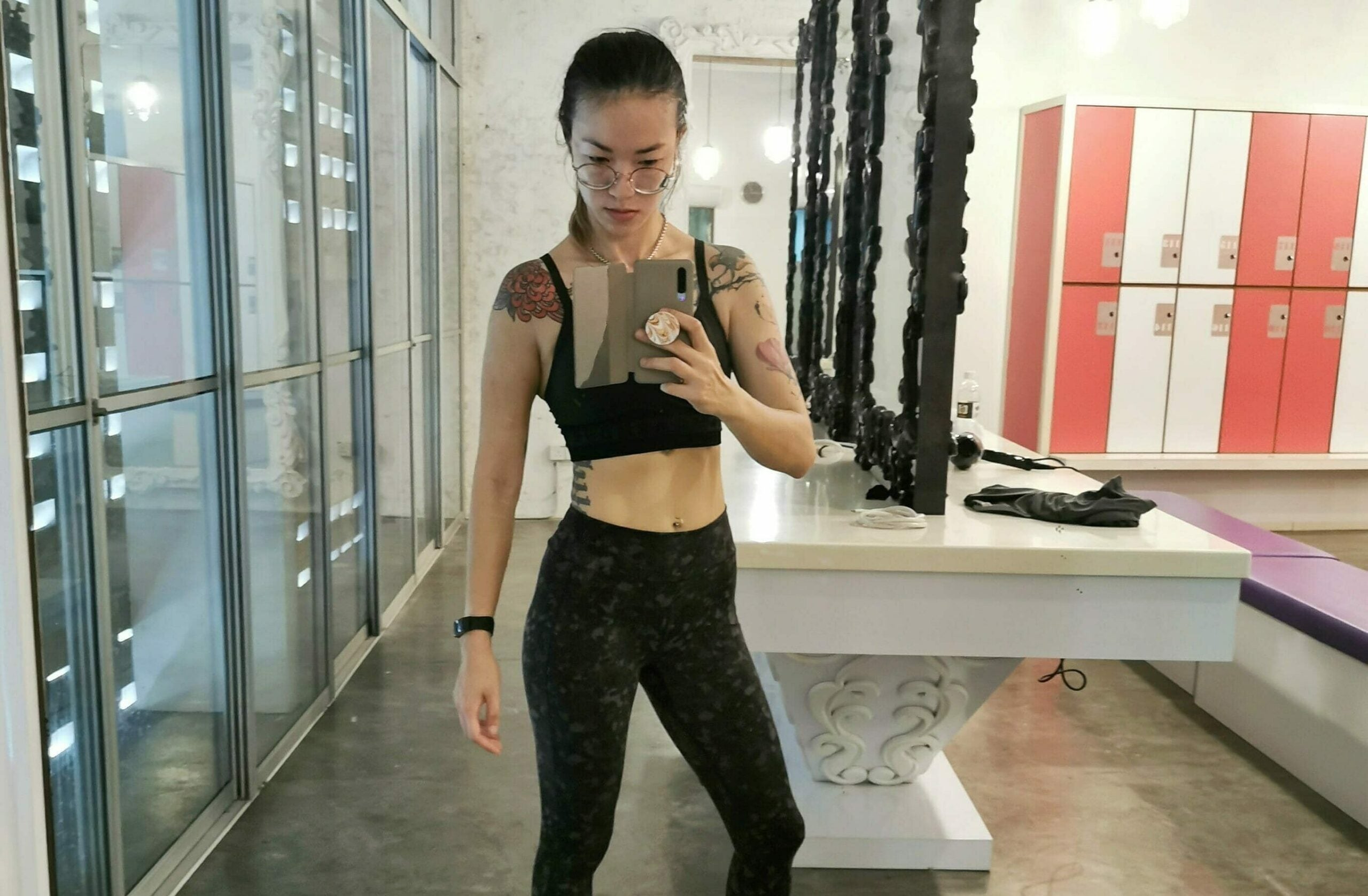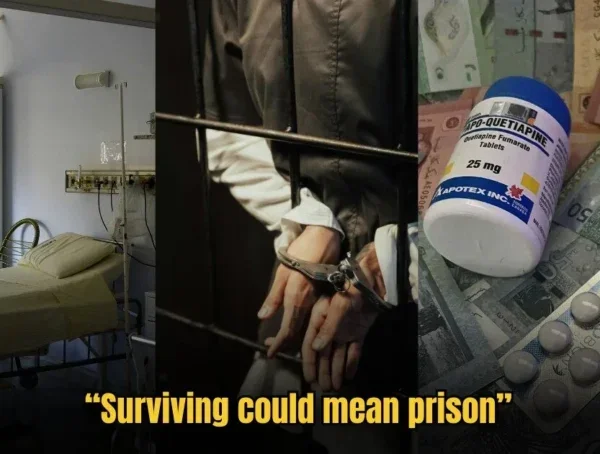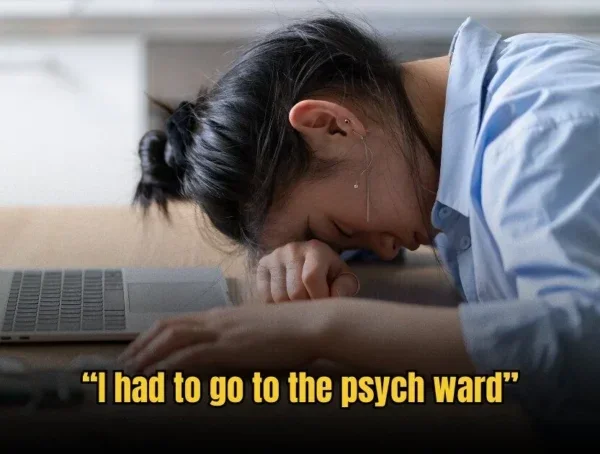If you are someone who avoids conflict, always makes people feel better, and is completely unable to say ‘no’ — you may be a people-pleaser.
It’s okay. I’m a people-pleaser, too.
It seems irrational, but I’d get so uncomfortable when someone is angry at me.
I’d never say ‘no’ to my bosses or colleagues when they’d ask for help. On the small chance that I did, I’d feel super guilty about it.
What if I disappointed them? Will they think of me as a bad or unreliable person?
I thought I was being good by helping others out. After all, the saying is, “Always be kind” — right?
Wrong. Turns out I was just being tired.

The breaking point was when I was bullied by my colleagues. These were people who I’d always go all out of my way to help.
I learned that in the end, people will choose to hate and be angry with you, no matter what. So why actually bother?
That’s when I decided — enough is enough.
I needed to stop trying to please people at the expense of my own well-being.
Here are four things I did to stop being a people pleaser.
I made myself a priority.
I used to think so much of others and so little of myself.
It can be in small things like what to eat, or big issues like taking on a project which I didn’t want.
In a way, I was telling myself that my feelings, or my wants, were insignificant compared to others.
So I started asking myself for permission.

You know how when we were young, we’d ask our parents for permission to do certain things? That’s what I did with myself.
I became my own parent.
Whenever anyone asked me for help, I’d ask myself, “Can I do this? Do I WANT to? Will it drain me mentally and physically?”
We know if something is good or bad for us.
All we need to do is ask. When you do this, it shifts the priority to you.
Learn to say “no” in your own way.
If you’re a people pleaser, you’ll understand how unbelievably hard it is to say “no”.
Articles about people-pleasers would just go along the lines of: ‘Start saying NO to people.’
The thing is, how?

The truth is, each of us says no in our own way.
Some of us can flat-out say “NO!” and don’t feel any regrets; some of us prefer to indirectly say no and hope the other person gets the hint.
I’ve learned that the best way for me to say ‘no’ is to offer an alternative.
Let’s say if someone asks me to meet up at an inconvenient time, I’d say no and give two other timings that work for me. That way, I don’t feel too bad for saying no.
But still, saying no is not exactly a walk in the park.
I have to remind myself of this:
Every time I say no to something I don’t want to do, I’m taking care of my well-being.-
Get to the root of your people-pleasing
Most often, people-pleasing comes from some form of childhood trauma or lack of confidence.
The truth is, people-pleasers need to feel validated by others to feel good.
As a young girl, I was always praised when I did something good and told off when I did something bad. I remember always wanting to be praised.
I didn’t realise that I craved that praise, even as an adult.
When I say no to someone, it made me feel like I wasn’t a ‘good girl’, which made me feel horrible.

It took me a while to learn that I didn’t need praise, that I am good enough as it is, and that the only validation I really needed was from myself.
Knowing why I am this way made it easier to change my perception of myself.
Find a balance
When I first decided to stop pleasing everyone, I went overboard.
I made it my mantra to say ‘no’ to everyone and I posted all sorts of ‘this-is-me-attitude-take-it-or-leave-it’ post on my social media.
Yes, it was cringy.
I was angry for all the times when people took advantage of me.
I was rude. I was mean. I’d be so calculative on every single good deed which I did. Is this going to make me happy? Has this person helped me in return?
If the answer is no, then I’ll never do it.
I was pushing everyone away — and most of them were my closest friends and family. People who’d do anything for me, and who didn’t deserve this attitude from me.

Finding a balance was hard.
How do you be kind, without being taken advantage of?
I guess I’m still figuring it out.
Nowadays, I’d go above-and-beyond for my closest friends and family, because I know that they would do the same for me.
As for the rest, it is on a case-by-case basis.
Somehow, your intuition will know when someone is genuine or taking advantage of you.
So how does one stop people-pleasing? Start by telling yourself this:
Never compromise your well-being for others.
Are you a people-pleaser? Let us know how you dealt with it in the comments!
For more articles on self-confidence, read People Exploit Me For My Kindness. This Is My Story. And Not a Good Communicator at Work? Here Are 4 Ways to Be Better.

You might also like
More from Real Mental Health
“I Was Scared of Waking Up in Handcuffs,” shares Depressed M’sian on Repealed Law
In 2023, Malaysia repealed Section 309, a colonial-era law that made suicide attempts a crime. The change marked a shift …
‘Everyone Saw A Successful Student While I Was Crumbling,’ Shares 22 Year Old Student
This is a story of a 22 year old woman who shared her story as a Straight A’s student as …
5 Harmful Mental Health Myths Malaysians Still Believe
Let’s break down five of the most common myths Malaysians still believe, and why it’s time to let them go.

















